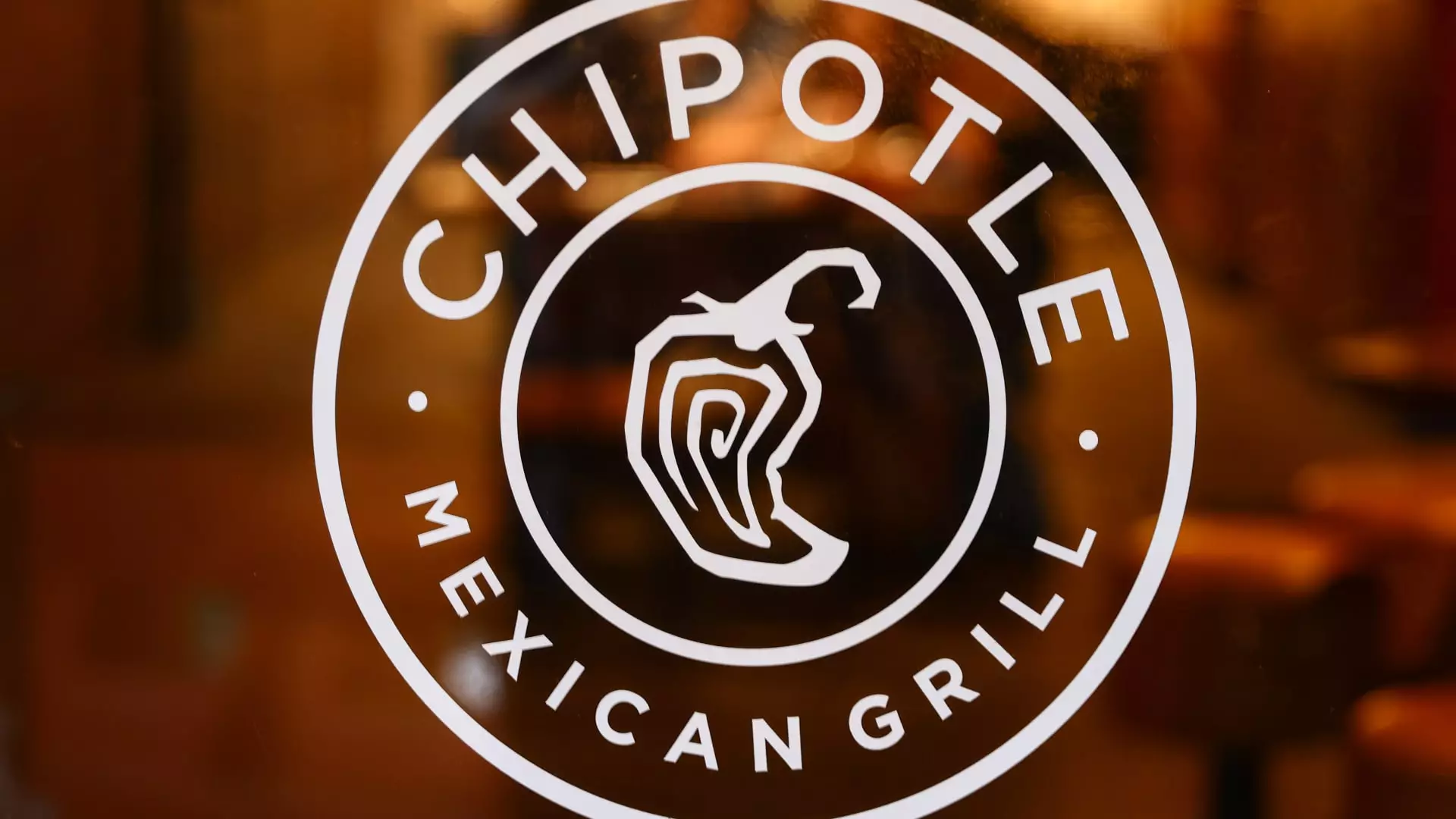As Chipotle Mexican Grill charts its course towards opening its first location in Mexico in 2026, one can’t help but feel a sense of skepticism surrounding the timing and execution of this venture. At a moment when U.S.-Mexico relations are strained, and trade uncertainties loom large, the company’s decision not only requires a bold vision but also a calculated risk. Pouring resources into a market that appears unwelcoming due to a volatile political climate raises questions about the feasibility of this expansion.
Navigating the Trade War Landscape
The backdrop of President Trump’s trade war with Mexico is an especially troubling context for Chipotle. The imposition of tariffs on essential goods, such as avocados—half of which Chipotle continues to import from Mexico—suggests that potential supply-chain hurdles can directly impede profitability. While the company has diversified its avocado sources, any resumption of tariffs could resurrect costs that undermine the compelling value proposition that Chipotle offers its customers. The irony cannot be overlooked: the very relations that Chipotle hopes to leverage for its expansion may also lead to its downfall.
Familiarity Doesn’t Equal Acceptance
Despite the apparent familiarity of Mexican consumers with Chipotle’s ingredients, the assumption that they will embrace a U.S.-style Mexican food experience seems overly optimistic. History shows that American interpretations of Mexican cuisine often miss the mark in capturing the hearts of local diners. The failures of Yum Brands’ Taco Bell in two attempts to penetrate the Mexican market exemplify this dangerous misconception. A classic lesson here is that culinary love is often rooted in authenticity, a hurdle that Chipotle might be ill-equipped to overcome.
Is it Authentic Enough?
Chipotle has carved a niche in North America with its mantra of “food with integrity,” promoting locally-sourced, organic, and wholesome ingredients. Yet, as it heads to the heart of its culinary counterpart, one must question whether this commitment translates well to Mexican consumers. A customer’s appetite for authenticity can jeopardize even the well-structured business model Chipotle has built. There lies a significant risk that consumers will view Chipotle as a foreign entity peddling a diluted version of their rich food culture.
Future Considerations and Evolving Palates
While Chipotle’s leadership is optimistic about future expansion across Latin America, it is essential to evaluate the broader cultural landscape. As tastes evolve, consumers are increasingly seeking novel experiences, pushing culinary boundaries. Chipotle must tread carefully to engage the local populace without alienating individuals who value traditional cuisine. The pressure to innovate will be immense, and it remains unclear if they can deliver an offering that resonates with local expectations while maintaining brand identity.
The Lesson in Brand Localization
Ultimately, the success of Chipotle’s expansion into Mexico may hinge on its ability to localize its brand effectively. A daunting task awaits, as these new restaurants cannot merely replicate the successful templates used in the U.S. Instead, they must innovate and adapt to the unique sensibilities of Mexican consumers. In a food-centric nation that prides itself on its culinary heritage, anything less than excellence or authenticity could spell disaster, potentially jeopardizing Chipotle’s long-term identity and commitment to quality. Only time will tell if this international leap will prove to be a masterstroke or a cautionary tale.

